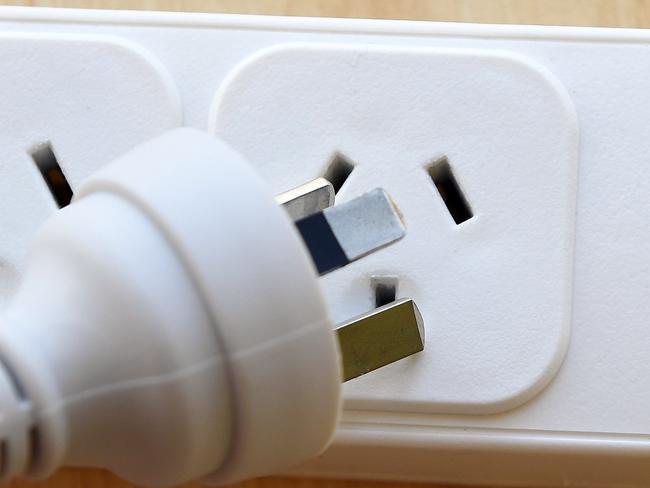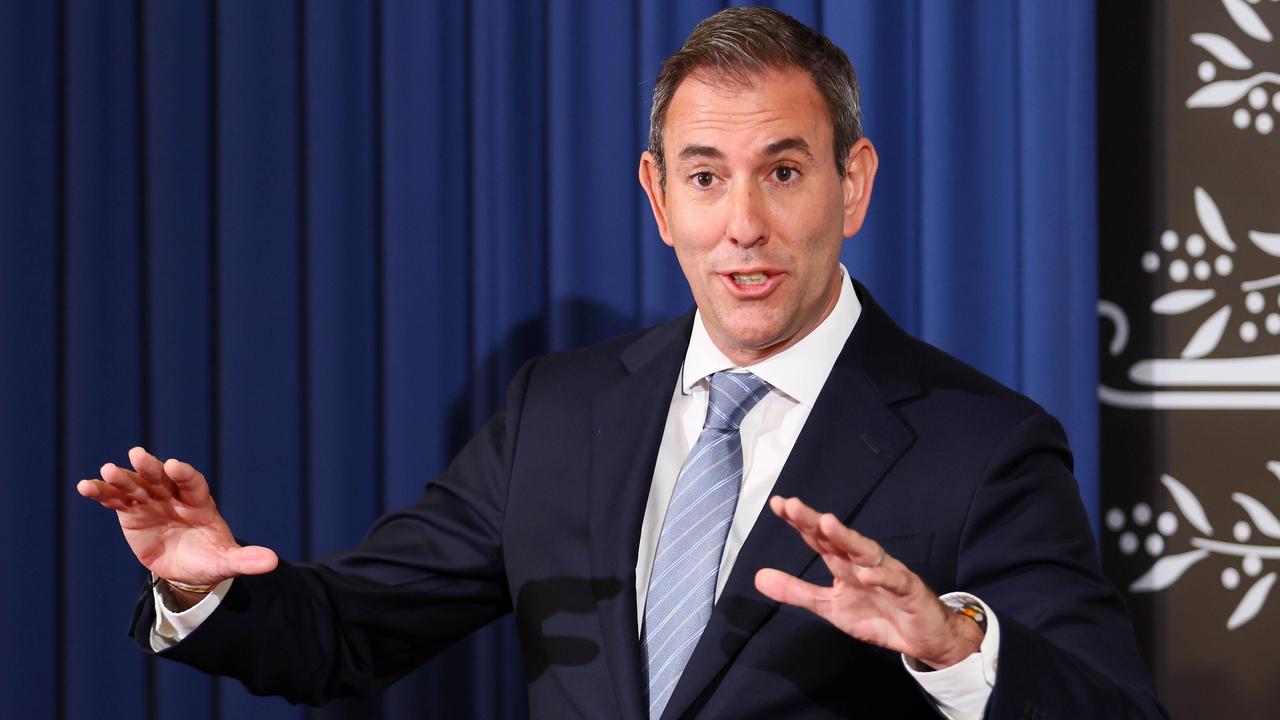$500 power discounts for lower income households
About 1.6 million lower-income NSW households’ power bills will fall next financial year — but many families will miss out.
Federal Budget
Don't miss out on the headlines from Federal Budget. Followed categories will be added to My News.
About 1.6 million mainly lower-income NSW households’ power bills will fall next financial year — courtesy of a $500 discount equally funded by Canberra and Macquarie Street — but many families will miss out.
The collaboration will also lop $650 from the energy costs of hundreds of thousands of small businesses.
People will qualify if they have a government concession card or receive family tax benefits, which begin to cut out at total household incomes of just over $100,000.
Figures provided by Treasury in the media lockup showed that eligible NSW households with average consumption would pay $120 less for electricity in 2023-24 compared with last year.
Treasury estimated that the government’s decisions announced last December to cap the price for wholesale gas and coal would wipe a further $320 off typical NSW retail power bills next financial year versus what they would have otherwise paid. That is regardless of income.

Even so, a NSW family with average consumption that does not qualify for the $500 discount faces a bill increase next financial year of 22 per cent or $380, based on Treasury’s own figures.
When The Daily Telegraph put it to Treasurer Jim Chalmers that those households were also struggling with spiralling power prices, he replied: “I understand that. But more than five million Australian (households) will get a bit of help with their energy bills.”
Mr Chalmers added: “There is not room in the Budget to give money to every single Australian.
“You’ve got to try to work out how (to) help the people who need it the most and that’s what we’ve tried to do.”
The federal government argues the energy bill discounts will help to reduce the inflation rate because people will pay less for power.
Combined with the market intervention, the rebates will take 0.75 of a percentage point off the consumer price index in 2023–24, Mr Chalmers said.
However, prior to the Budget lockup, economists suggested the discounts would also fan inflation, regardless of structuring.
Households would buy other things with the money they didn’t have to shell out on power bills.
“If people spend the savings it pushes inflation back up again,” the most highly regarded budget expert, economist Chris Richardson, told The Telegraph.
And that had the potential to trigger yet another interest rate increase, Mr Richardson added.
“It could bring the Reserve Bank back off the bench,” he said, speaking before having had a chance to see the detail of the cost of living relief measures.
Causing further action by the RBA is a political risk the government has little choice but to take, given it went to the election promising to lower electricity bills by $275.
Treasury officials said any enterprise on a specific small business tariff will get the $650 discount.
There is also a bonus 20 per cent tax deduction on offer for firms to make investments like electrifying their heating and cooling systems, installing batteries and upgrading to high-efficiency electrical goods.





